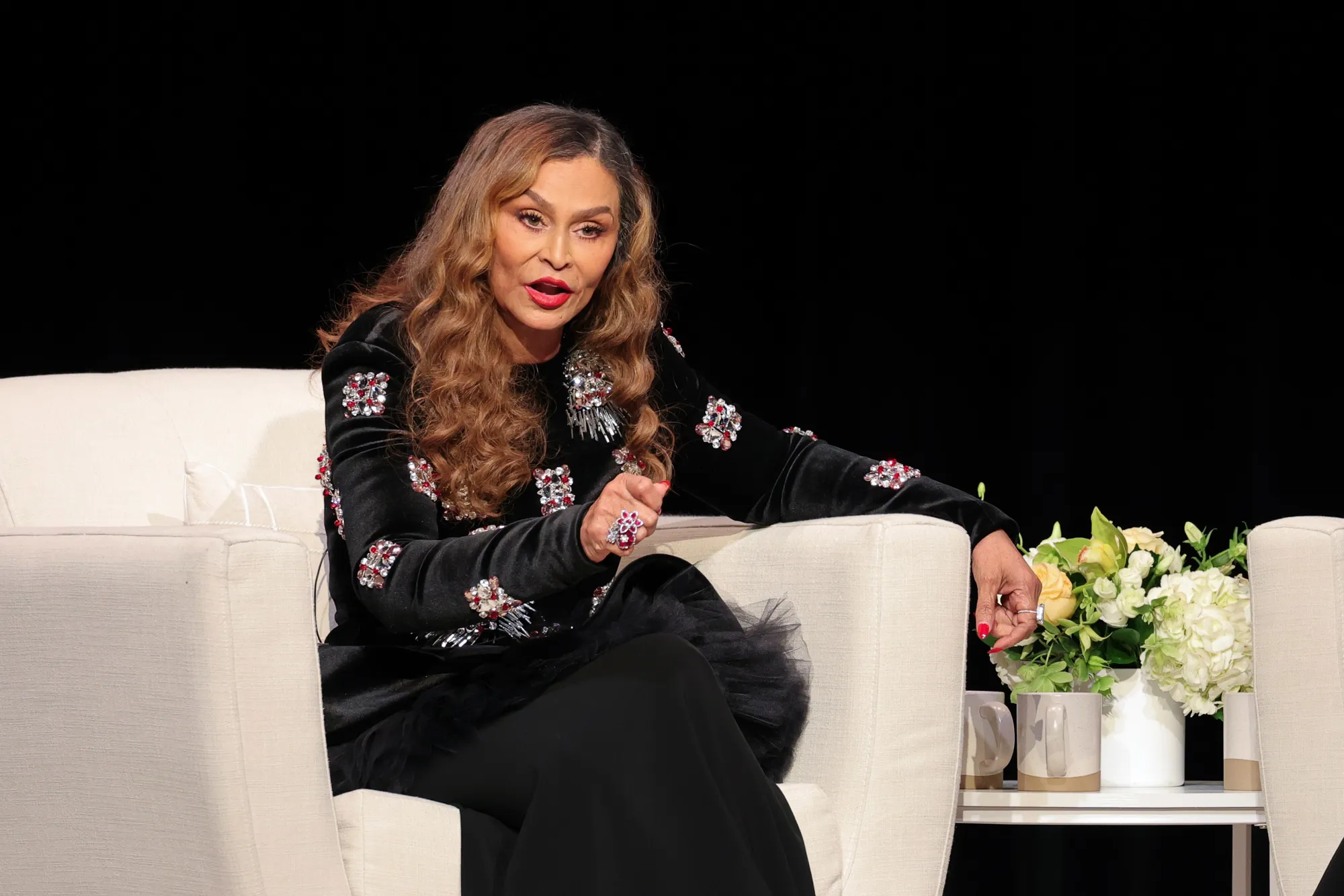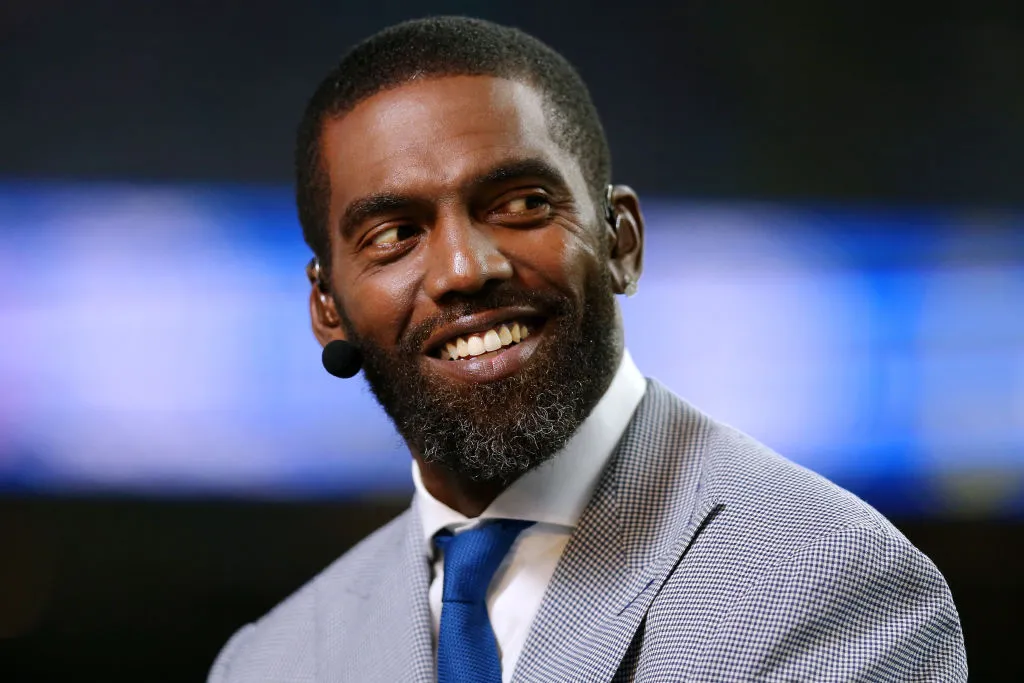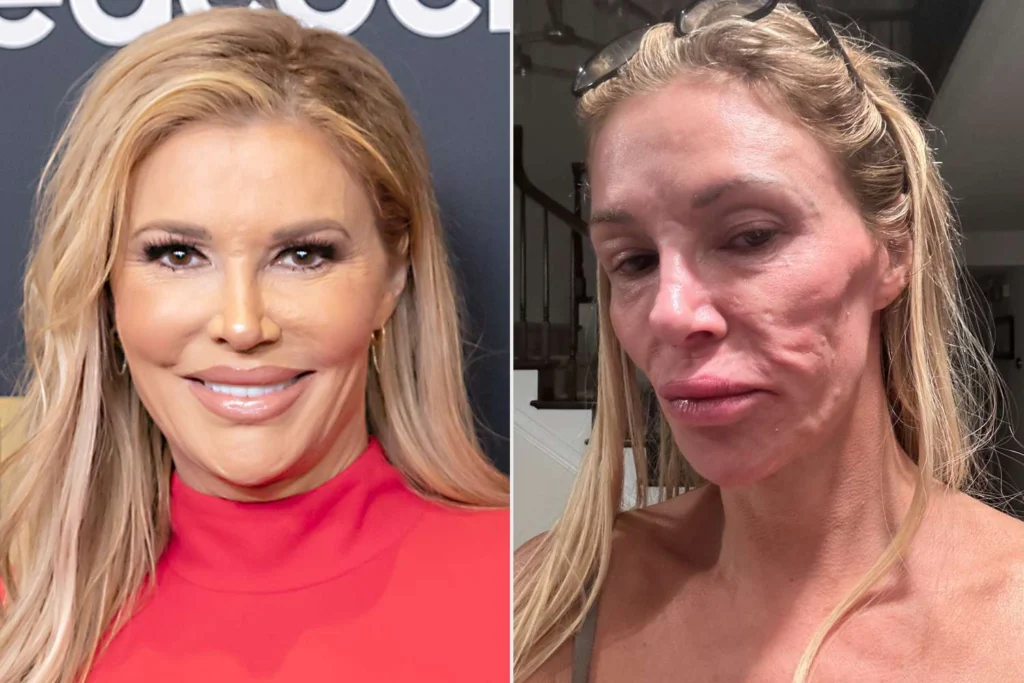- TikTok has banned the #SkinnyTok hashtag after facing pressure from European regulators.
- Extreme dieting trends on social media that glorify thinness perpetuate negative body image and disordered eating.
- Extreme calorie restriction has mental and physical consequences, and there are many sustainable, evidence-based ways to achieve a healthy weight.
TikTok has banned search results for the #SkinnyTok hashtag after European regulators cited concerns over extreme dieting and disordered eating associated with the weight loss trend.
While trends celebrating thinness and restricted eating habits have circulated on other social media platforms, #SkinnyTok content on TikTok specifically had prompted a European Commission investigation in April.
TikTok, which is owned by the Chinese tech company ByteDance, did not specify when it banned the hashtag. The recent move was part of an effort to dispel widespread criticism over negative body image content being promoted on the platform.
“We regularly review our safety measures to address evolving risks and have blocked search results for #skinnytok since it has become linked to unhealthy weight loss content. We continue to restrict videos from teen accounts and provide health experts and information in TikTok Search,” a TikTok spokesperson said in an email to Healthline News.
The algorithms behind social media giants like TikTok or Meta’s Instagram are unregulated. They’ve faced widespread scrutiny for perpetuating users’ content viewing habits, particularly among younger and more vulnerable individuals.
Here’s what to know about #SkinnyTok.
#SkinnyTok promoted extreme thinness
So-called “SkinnyTok” was a controversial corner of the social media platform where proponents touted extreme thinness under the guise of wellness and lifestyle advice.
Leading the #SkinnyTok movement was Gen Z influencer Liv Schmidt, who rose to Internet fame by sharing what she referred to as “skinny girl hacks.”
Her content, which included low calorie “What I Eat in a Day” videos, sparked widespread concern about its potential to normalize disordered eating.
After being banned from TikTok in 2024 for violating the platform’s community guidelines, Schmidt resurfaced with a new username.
Until June 2025, SkinnyTok content continued to gain traction. At one point, over 74,000 videos were shared under the #SkinnyTok hashtag, many of which portrayed extreme calorie deficits and regular body checks as users documented their shrinking bodies.
SkinnyTok: A dangerous way to lose weight
Registered dietitian Emily Van Eck, described the trend as a “dangerous” and “extreme” take on weight loss and health.
“Glorifying thinness as a marker of morality, health, or discipline is harmful to physical, emotional, and mental health,” she told Healthline.
“Dieting is a major risk factor for eating disorders, and the younger someone starts, the higher their risk. Because these videos often feature teenagers and young adults, they’re especially concerning.”
Van Eck noted the vilifying of essential macronutrients (in particular carbohydrates and fats) as another red flag.
“Our bodies need these nutrients,” she said.
Lindsie Meek, founder of HumanMend, an eating disorder and anxiety psychotherapy practice in New York City, said the trend perpetuates harmful diet culture, celebrates extreme thinness, and promotes unrealistic body standards.
“The ‘What I eat in a day’ content is particularly harmful because it suggests all bodies have the same nutritional needs,” she told Healthline.
“These posts don’t take into consideration individual body factors, such as genetics and health needs.”
Risks of extreme calorie restriction
Some influencers who promoted the SkinnyTok trend shared very low calorie diets. Both experts interviewed by Healthline agreed that extreme calorie restriction has mental and physical consequences.
“On 800 calories per day, it’s virtually impossible to meet your body’s nutrient needs,” Van Eck said.
“Deficiencies in iron, B12, and calcium are common, which can lead to fatigue, low mood, poor sleep, and muscle loss. Over time, undernourishment can cause immune dysfunction, hypothalamic amenorrhea (which causes infertility), and bone loss,” she noted.
From a mental health perspective, Meek said dieting to the extreme could contribute to “exaggerated or limited mood fluctuations and obsessive thoughts about food and body image.”
Many SkinnyTok videos framed weight loss and extreme thinness as the ultimate sign of health, a narrative that is dangerous and misleading.
“Weight is not a reliable indicator of health status,” said Meek. “Health is multifaceted and cannot be determined by appearance alone.
“People in thin bodies may or may not be healthy, just as people in larger bodies may or may not be healthy,” she continued.
Meek noted that true health isn’t a body size; it encompasses physical, mental, emotional, social, and spiritual well-being.
Healthy weight loss vs. disordered eating
Not all weight loss is bad. There are healthy, sustainable ways to reach a healthy weight, but with so much conflicting advice online, it can be difficult to know what’s helpful and what’s extreme.
Van Eck agreed.
“The line between intentional weight loss and disordered eating can be blurry, especially online, where extreme behaviors are often framed as wellness and get rewarded with massive attention due to their polarizing nature,” she pointed out.
For Van Eck, health-supportive behavior change feels like part of a broader self-care routine. “It’s flexible and rooted in nourishment, not fear or punishment,” she said.
Disordered eating on the other hand, often shows up as rigid food rules, food guilt, and obsessive control.
“If someone feels anxious deviating from a plan, skips meals to earn food, or thinks about food and their body constantly, that’s disordered, even if it’s normalized online,” Van Eck said.
If in doubt, Meek recommended assessing how the behaviors impact your daily life.
“If weight loss is the goal, it’s important to consistently assess flexibility and anxiety levels when plans change, as disordered patterns are often rigid and distressing,” she said.
“Disordered eating also typically interferes with relationships, work, and life enjoyment, whereas balanced approaches enhance overall well-being.”
Achieving a healthy weight
Despite recent strides made by the body positivity movement, mainstream culture continues to conflate thinness with health, particularly on social media.
According to Van Eck, part of the issue may be tied to misconceptions about healthy body weight.
“Healthy weight is a term I often find problematic. The metrics we use, like BMI, are deeply flawed and don’t account for natural, individual variation,” Van Eck said.
“If we define it more functionally, a healthy weight is the range your body naturally lands when you’re eating enough, moving in ways that feel good, and not caught in the restrict-obsess-repeat cycle.”
There are many sustainable, evidence-based ways to get into this healthy zone. “If someone wants to support their health long term, the most sustainable approach is to focus on behavior, not the weight.
“That includes eating regular, balanced meals with enough energy, fiber, protein, and fat to support fullness and satisfaction,” she said.
It also means honoring hunger cues, finding enjoyable movement, and addressing sleep, stress, and emotional health.
Another way to support yourself is to ditch the idea that foods are inherently good or bad.
“Virtually everyone in our culture has been influenced to some extent by toxic diet culture. Healing involves rejecting food morality by challenging the idea that certain foods are good or bad,” said Meek.
Extreme dieting trends like SkinnyTok can reinforce dangerous ideas around weight loss and health, but true wellness is multi-dimensional.
“Equating thinness with health ignores human complexity and reinforces weight stigma,” Van Eck said.
“It’s normal to care about how you look, but health is better reflected in behaviors, like how you nourish yourself, manage stress, sleep, and connect with others, than it is in a size.”














